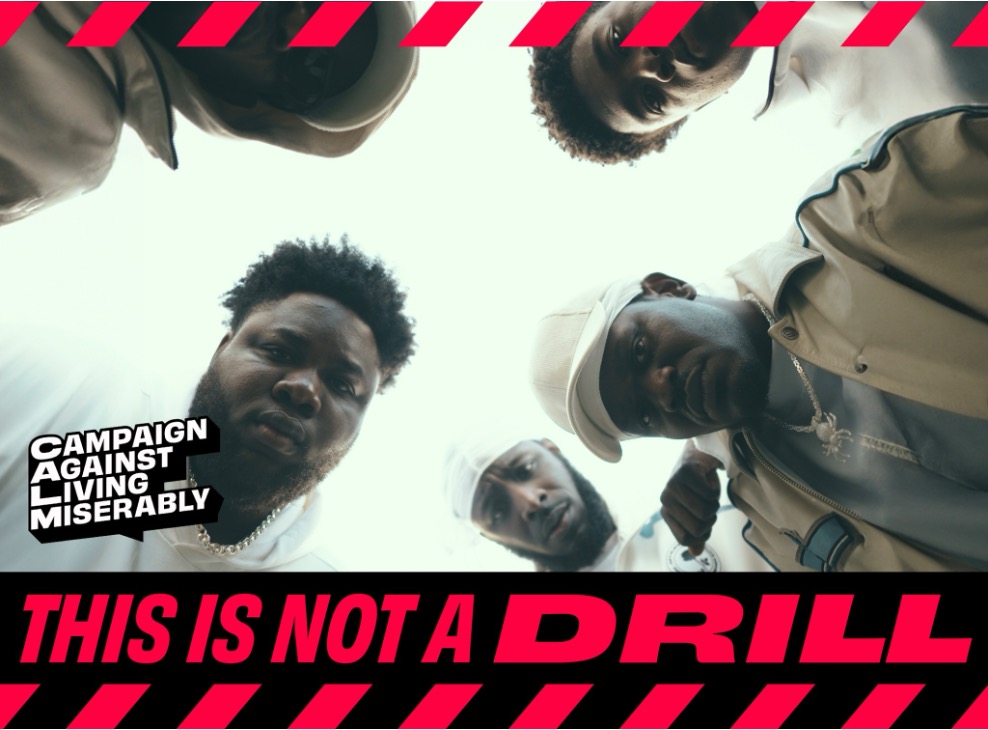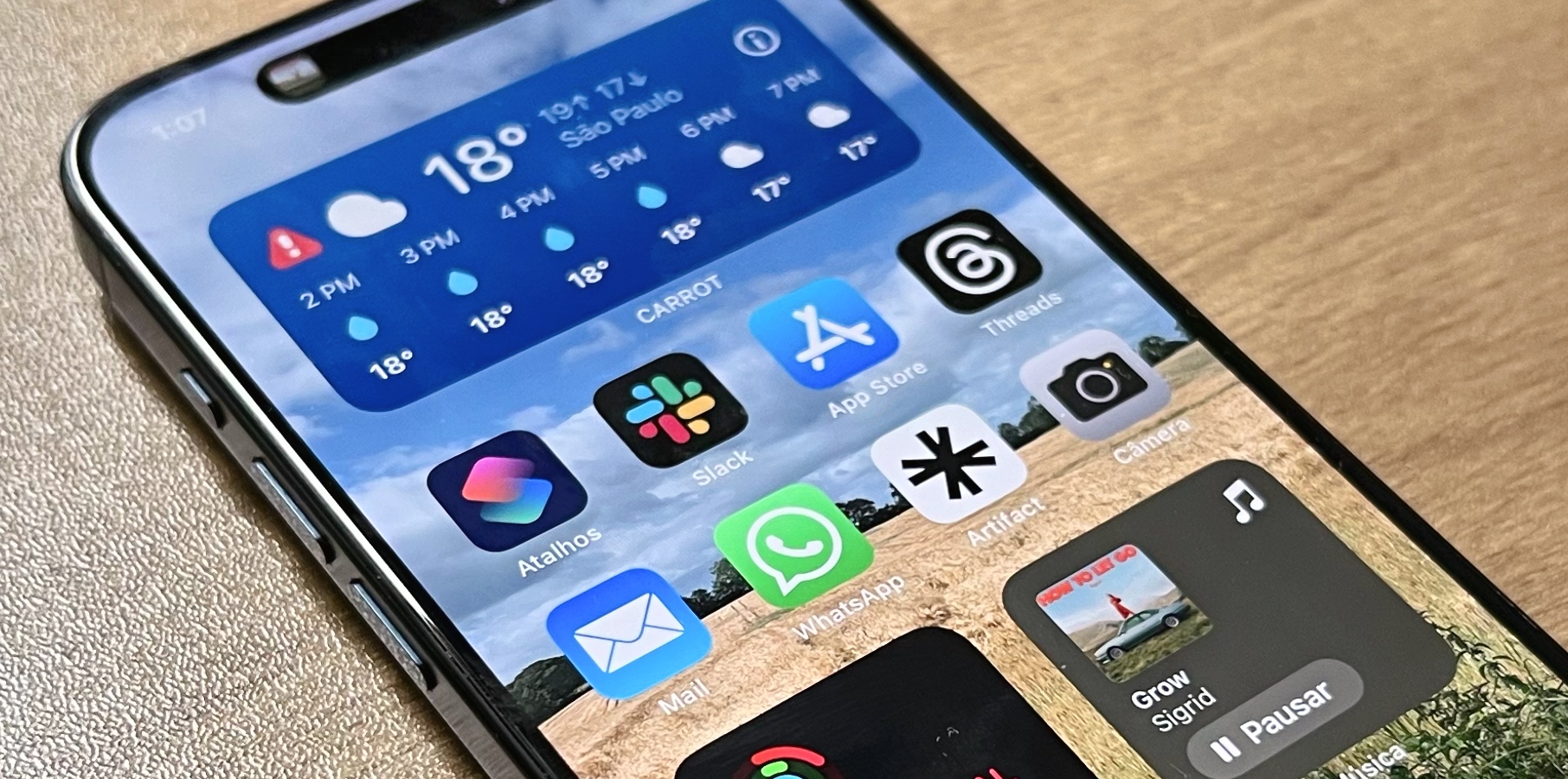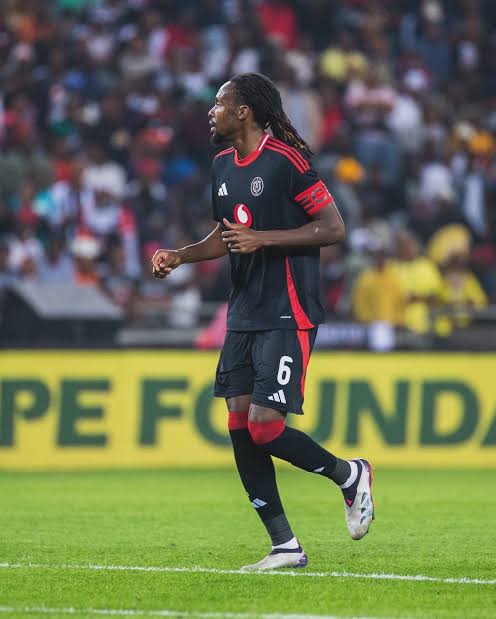While the Tralee trio took home the main award, Cork’s Tomás Markey won the prize for Best Individual for his project fighting the climate crisis.
Tralee students Ciara, Saoirse and Laoise Murphy from Presentation Secondary School Tralee in Kerry have been named the overall winners of the 2025 BT Young Scientist and Technology Exhibition (BTYSTE).
Their project, called ‘Aid Care Treat (ACT) – an app-timising emergency response’ – is a medical assistance app designed to support emergency healthcare responses. It integrates crucial features needed to provide swift and effective aid during critical situations.
The sister-trio, aged 17, 15 and 12 respectively, spent the last year working with public and private stakeholders on their app which also has the capability to share precise geolocation co-ordinates to assist medical services. This is the second year their project has been recognised at the exhibition, having previously won the Runner-Up Group award last year.
The sisters were elated at their win. Ciara told SiliconRepublic.com that their win was “absolutely incredible. It’s the most phenomenal…life-changing and so surreal…we’re absolutely thrilled”.
Prof Joe Barry, chair of the health and wellbeing group judges, said the use of this app has the potential to save lives and reduce recovery times.
“This project with the support of the emergency services has the potential to make a real difference in helping citizens in an emergency situation,” he said.
Minister for Education Norma Foley, TD, presented the award to the overall winners along with the Managing Director of BT Ireland, Shay Walsh.
Minister Foley said that the exhibition is a “truly wonderful showcase of the talent, ability, capability and the innovation” of Ireland’s young people. “I’m very, very proud to see the girls win here – from my own school,” she said.
Meanwhile 18-year-old Tomás Markey, studying in 6th year at St. Brogan’s College, Bandon, Cork won the Best Individual prize for his project ‘PM-DAC: A system for removing CO2 from the atmosphere’. His project reduces the cost of carbon dioxide sequestration in the fight against the climate crisis.
Commenting on his win, Leonard Hobbs, the chair of the judges for the Technology Individual category said that the judges were very impressed with the level of innovation demonstrated by Markey, who addressed “one of the greatest challenges currently facing the world”.
Aside from the usual prizes, Markey and the sisters will also be awarded a trip to the World Expo in Japan for the first time. “Japan will be an incredible experience,” Ciara added said. “We’ll go on to develop our app.”
Nearly half of all secondary schools in the country took part in the exhibition this year, which marked its 25th year under BT Ireland, with students from all across the country submitting more than 2,000 STEM-related projects.
550 projects were on display at the week-long event with 170 of them receiving prizes in different individual and group categories for their work spanning across technology, social and behavioural sciences, chemical, physical and mathematical sciences, biological and ecological sciences and health and wellbeing.
Moreover, artificial intelligence (AI) has been gaining momentum in recent years as an important tool with dozens of students this year utilising the technology for their projects.
A number of intermediate and senior students who presented at this year’s exhibition will be invited to take part in a BT Young Scientist Business Bootcamp in March next year where they will experience entrepreneurship and learn how to commercialise technology.
Last year, Seán O’Sullivan, a 5th year student from Coláiste Chiaráin in Limerick took home the overall prize for VerifyMe, a project inspired by the emergence of new challenges posed by AI large language models. O’Sullivan developed a novel approach to analyse stylistic differences in content to verify authorship, nabbing the top prize, competing against more than 1,000 students.
Other previous winners of the overall competition include Patrick Collison of Stripe, Ciara Judge who is now a PhD candidate in infectious disease modelling and Shane Curran, who went on to found cybersecurity company Evervault.
Alongside the exhibition-competition for junior and senior school students, the Primary Science Fair platforms students in primary schools to present their own projects for feedback and encouragement. This year, more than 1,000 students from 35 primary schools took part in the event.
The aim of the fair, a part of the exhibition for more than 20 years now, is to develop students’ interest in science in a non-competitive environment and inspire their future participation in BTYSTE.
Don’t miss out on the knowledge you need to succeed. Sign up for the Daily Brief, Silicon Republic’s digest of need-to-know sci-tech news.




















Discussion about this post